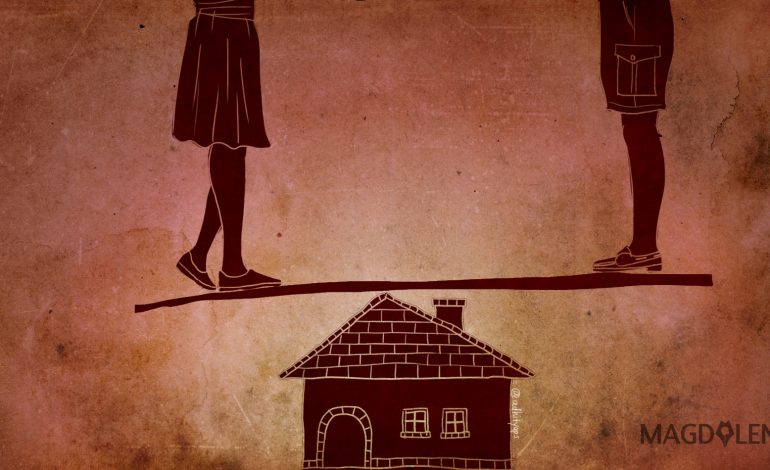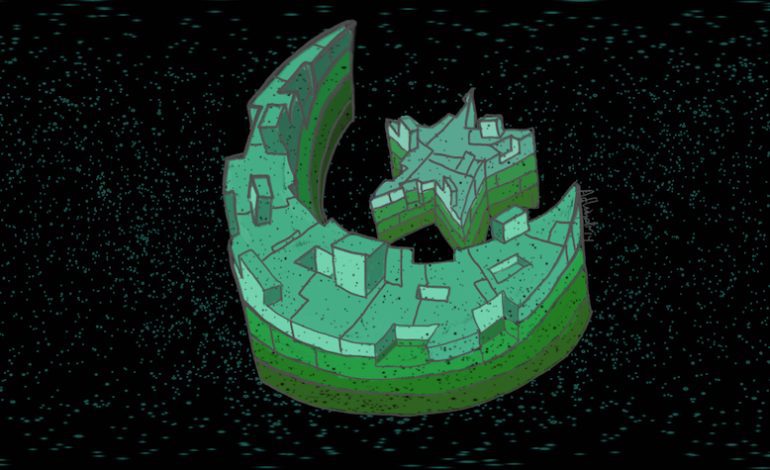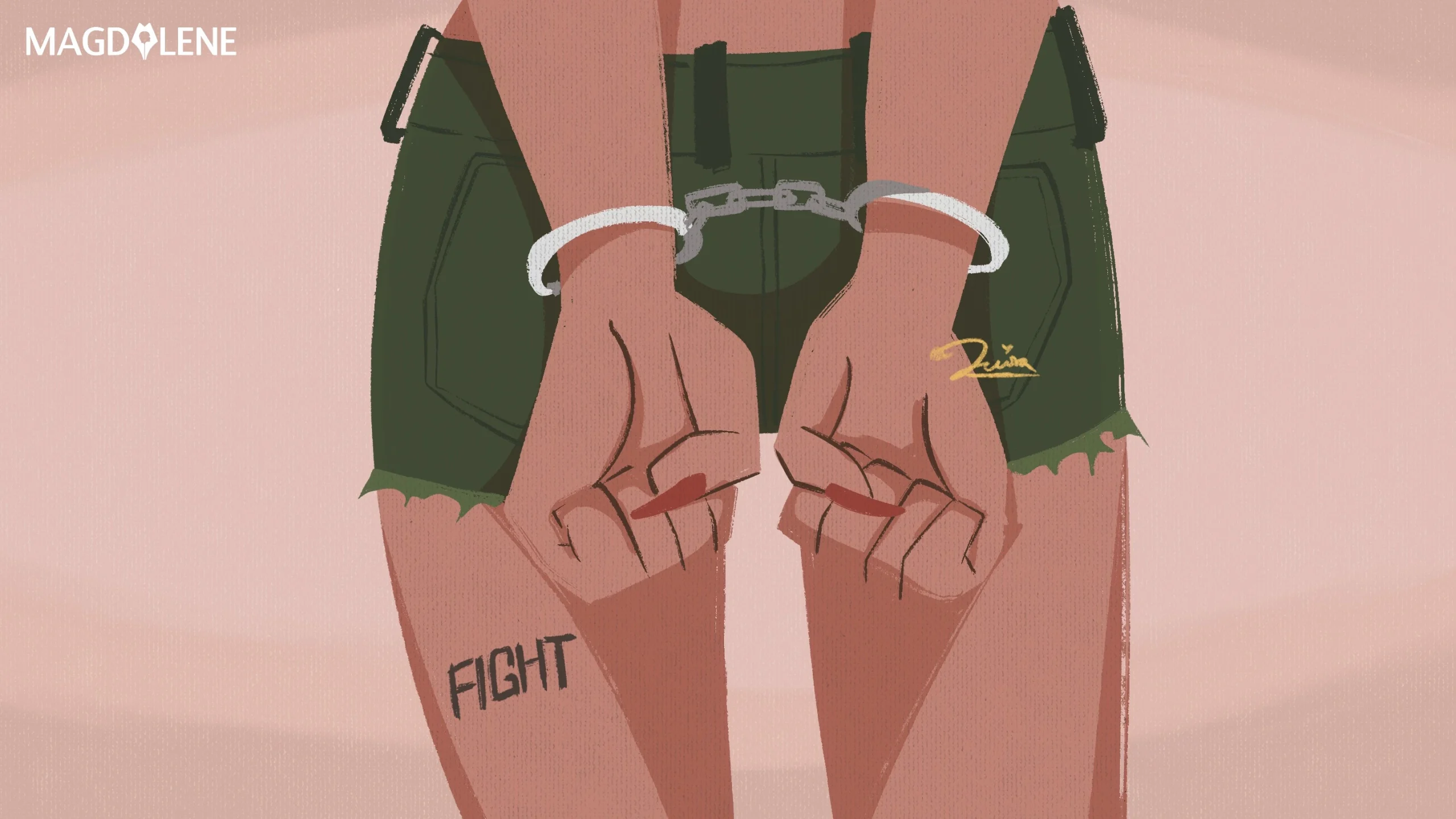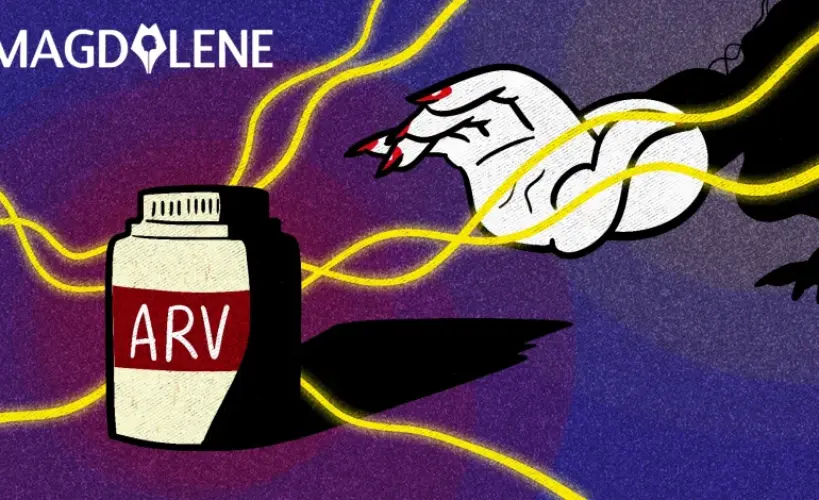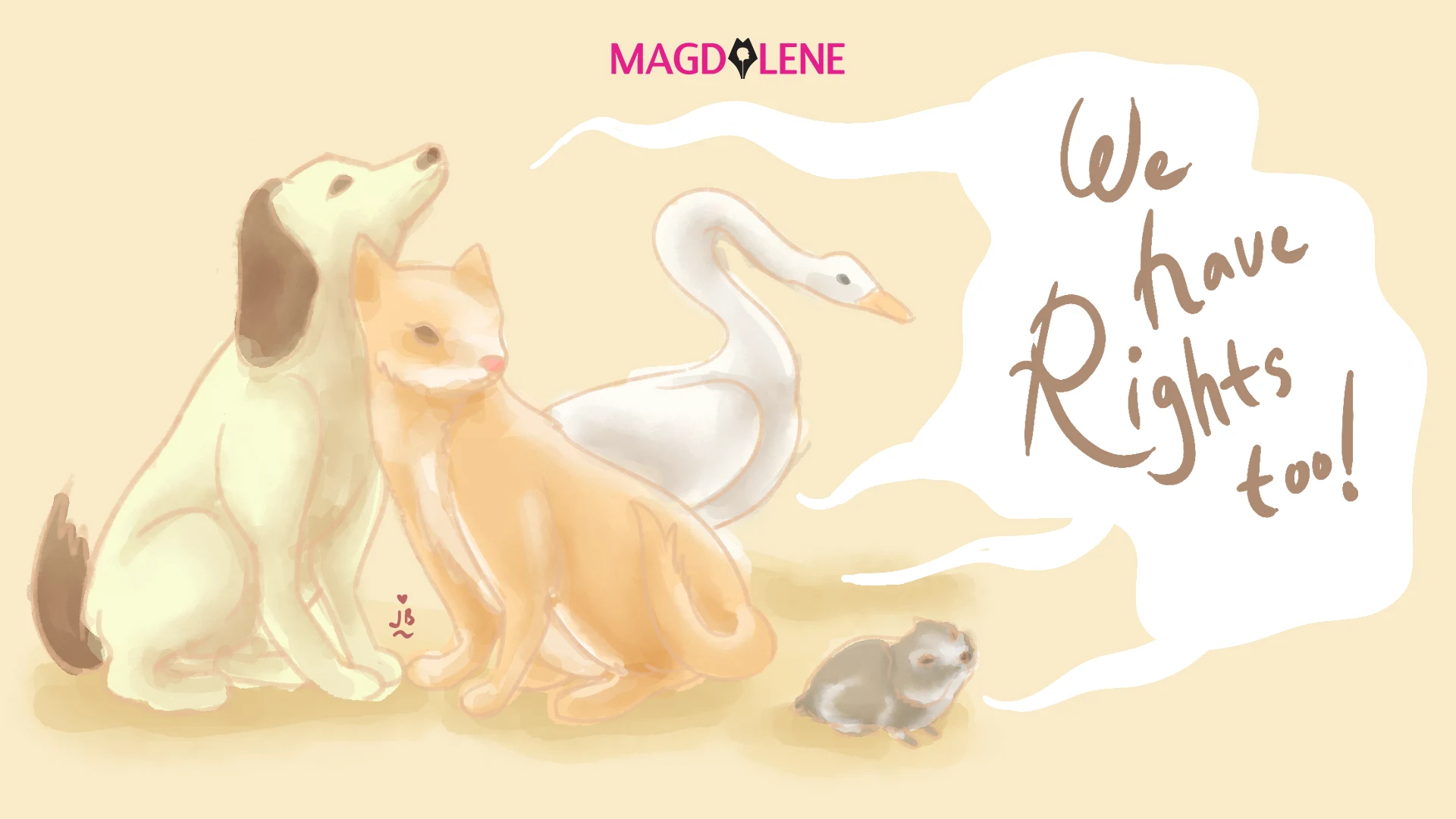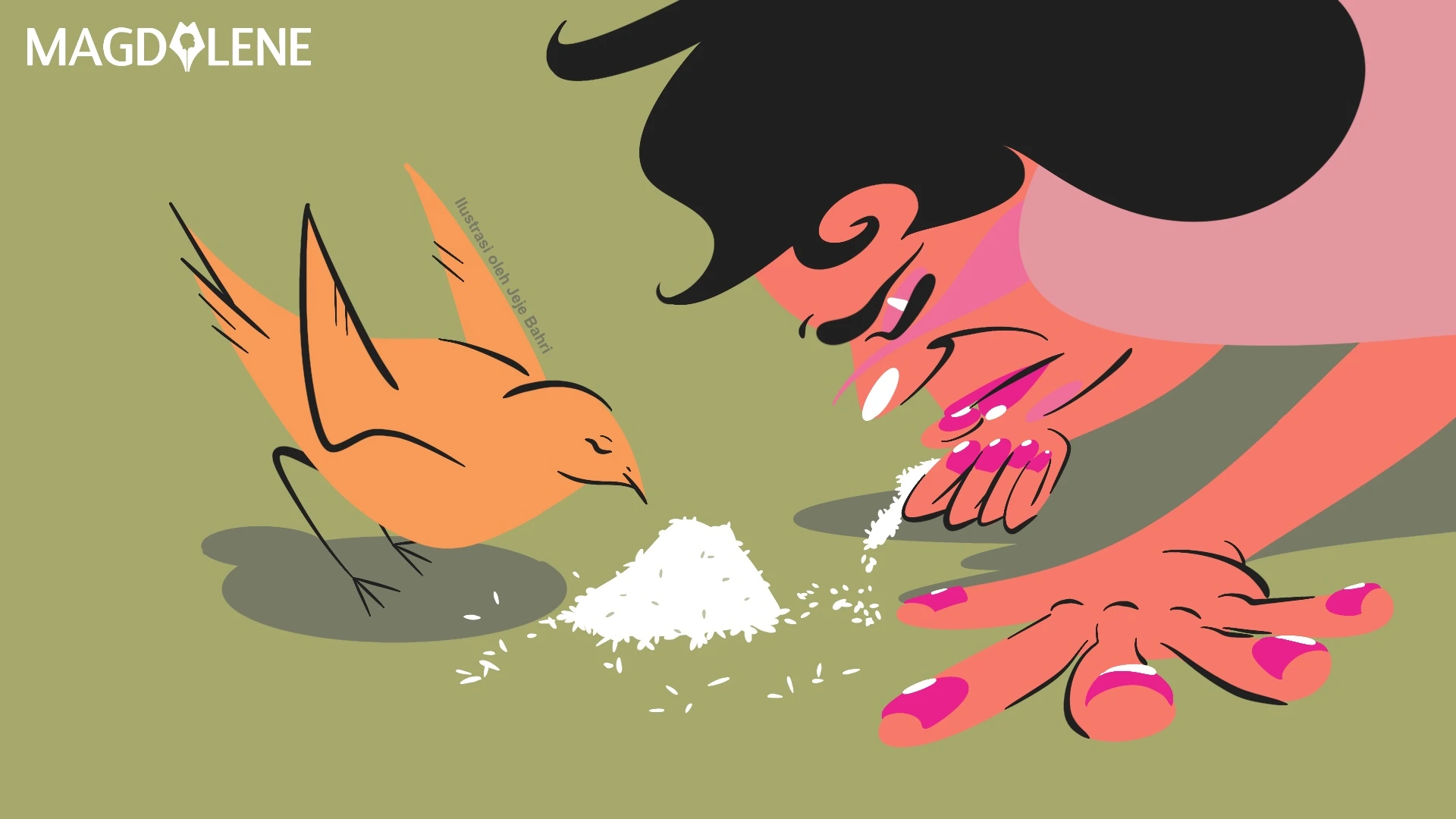How Our Career Choice Shapes Our Self-Identity
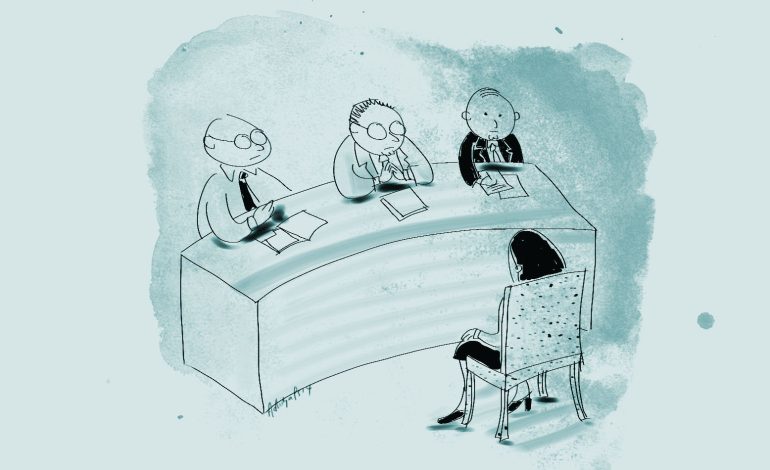
“Choose a job you love, and you’ll never work a day in your life.” – Confucius –
Adults spend half of their lives at work. Perhaps it’s because work life constitutes a major part in people’s life, often what we do for a living defines our identity. At the same time, our characteristics, values, education, social, and family influences all inevitably form part of how we go about doing our job.
As an empath and a third-born in a privilege family, I don’t like a cutthroat competition. I know for sure, there’s no way I would thrive if I did a sales job.
According to labels that we’re given at work, I’ve been a banker (well, sort of), an assistant boutique manager, a translator, and, currently, a self-employed person. I teach Pilates and own a Pilates studio. Each of the jobs I did and currently do has given me a different experience that have enriched me as a person.
For as long as I can remember, I’ve always associated my self-worth with my job. Whether it’s because of how society views certain positions, or because of how my pride is connected to my job. I made sure to work hard enough to get a job that I (and my parents) would be proud of. And there were times when it felt easy to find a new job. Maybe I was in the right state of mind. Maybe there were plenty of work opportunities. Maybe because I was younger back then.
But even when I did get my dream job, from time to time, I would eventually realize that I was no longer in love with the job. This would be the time for a life-changing moment.
Today people commonly change jobs during their entire work life. In contrast, my Dad worked in the same company all his life. I always wonder how he could do that, but his career choice was mainly influenced by his responsibility as a breadwinner. No matter what, he had to stay at his job, do well and climb up the corporate ladder.
I don’t think like he did when it comes to work. Perhaps because of my own privilege, I take into account how I feel in my job. If I wasn’t happy with my job, I would resign. If the job was too overwhelming, I’d resign. If my boss was a control-freak, I’d resign.
When I didn’t know who I was, what I liked, what I didn’t like, what my strengths were, and my weaknesses were, I tended to grab anything that came my way. ANYTHING.
In my family we believe that what is meant for you will come to you. After the various jobs that I held, however, I no longer believe in such a notion. You don’t have to say “yes!” to every opportunity. Some jobs you will simply never fall in love with.
This is true with my first job. I had just broken up with my boyfriend and was in need of a validation that I was doing okay, so when the job came alon – thanks to my cousin – I thought it was God-sent.
At this financial institution, I was exposed to hard-selling and was introduced to the concept of ”forced distribution.” This is where managers rank their people’s performance based on pre-determined parameter – in this case, sales volume only, regardless the effort we had put to make the sales. It created a tremendous competition.
Read these. These are off-shore products that will give you higher bonus if you can close the deal with customer.
Call as many people as you can from the database. You can you use mine as you are under my supervision.
Have you followed-up? See if the client wants to sign the form today.
In my school years, I felt nauseated in anything math, so it didn’t take long before I lost enthusiasm in my sales. When I shared my discomfort at this process with my demanding boss, I was told to “toughen up”, a feedback that was repeated to me as I moved through jobs throughout my professional life. But after six months, I finally said good-bye. My first identity crisis struck.
Not very long after I resigned from my first job, I got an opportunity to work in luxury retail industry. Honestly, I never really gave it a thought whether I would like it or not. Luxury goods was hype back then and my work place was in a shopping mall. For my younger self, it was fun to be around a mall every day. The take-home pay was also considerably good.
Luxury retail was different in nature than my first job. Although, I had a sales target to achieve every month, I enjoyed it. Beautiful things surrounded me, and I enjoyed selling them. I digested the product information easily. Suddenly, numbers were not an issue anymore. The company required me to look polished to represent them.
My third job was also in luxury retail. In these jobs, I learned a lot about providing meticulous customer service. My communication skills also improved. As a team member, I seized every opportunity to sell the product, and, consequently, the psychological requirements of the job to become a go-getter took shape in me. I adapted my personality and my mindset according to the job I was doing.
But it was in my second job that I had a traumatic experience that affected my sense of self-worth. It was our first day in the new office location, so I had to figure out the most convenient way to get there. Still, it took me two hours.
By the time I arrived at the head office it was already 9.30 am. I sensed a tense silence filling the air. Among the staff was a familiar face and, being kind, she offered to help to bring my stuff to my desk.
Suddenly, I heard someone shouting in broken Indonesian: “Don’t help carrying her stuff! Who do you think you are? You’re not a queen!”
I was shocked! Everyone in the room was shocked! It was the owner’s wife.
“You are soooo late!” she continued screaming.
I kept silent and stared at the floor, unable to move. My hands were sweating.
“Don’t bother coming back tomorrow!”
I couldn’t believe what I heard. My cheeks were wet with tears. No one did anything, although I sensed that they were feeling sorry for me.
A few minutes later, her eldest son called me to his office. He offered me a drink, as I was still unable to stop my tears.
“Am I being fired?” I asked faintly.
“I’m afraid yes.”
I packed my things and took a cab home, feeling humiliated. It was the worst day of my life.
This experience tore me apart: I felt incompetent and my self-esteem took a nosedive. But it turned out to be a blessing in disguise: I was saved from having to commute and facing the excruciating Jakarta traffic, and I eventually landed at a better job opportunity.
But even in jobs that I liked, there came a time when I felt it no longer suited me. Later while working as an in-house translator/interpreter at a USAID Project in the area of Law Enforcement, I decided to leave. I can’t pin point why and how it started, but a personal upheaval had taken a toll on my wellbeing. Suddenly, I felt like my role wasn’t a great fit. I resigned, even though it paid well and I actually liked it.
I guess at some point, my personality as an empath took over. I felt pressured by a dominant sexist mother who could not leave me alone in her constant effort to push me to find a husband, rather than finding my happiness by contributing to the world.
“You have to be willing if I want to introduce you to a man. I want the best for you. You have to remember your age. Give it a try!”
Every time I refused her help, she would go, “Prove to me that you can find the best man for yourself!”
These were enough to give me a tension headache. I was trying to find my place this world, but I grew confused, unable to keep a clear boundary between my personal and professional life, between being a good daughter for my mother, and a good employee in the office. It was an internal conflict that I couldn’t run away from.
I gave up and found a way to balance the two. This time I took a different route: becoming a self-employed and teaching Pilates.
I used to wear blazers and high heels, now I wear exercise pants on a daily basis. There are no strict working hours, I usually work less than 40 hours a week. I wear many hats in running my own Pilates studio: I am a leader, a Pilates teacher, a marketer, and a chief financial officer. In short, I’m a Chief Everything Officer.
Pilates has helped me to become more centered and more grounded. I’m used to taking care of others, now I become more empathetic towards people. Yet it comes with a disadvantage: my social life. What I had thought as convenient when I started the business, now makes me feel isolated and confined. Working from home, people I meet are mostly my clients. I long to meet more people and learn from them. It’s time for a change.
After having worked in four different industries, I realize that my values keep changing. But my identity and self-worth isn’t defined by a prestigious-sounding job. It is defined by my values, my truth, my contributions, and what happens beyond the typical nine-to-five timeframe. I know that my career doesn’t define my identity, because the only approval I need is my own.
Success means different things to everyone. When I feel great about my contribution, I have a sense of purpose and meaning, I can live my values and be true to myself. That’s what makes me happy and, ultimately, allows my true identity to emerge and thrive.
Success won’t bring us happiness. Instead, it is happiness that brings us success.
Elvita Natassa is an aspiring writer who lives in Jakarta, with her 4 cats and enjoys reading, conversing over a good wine.

